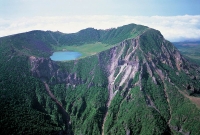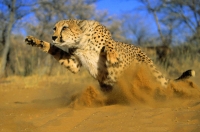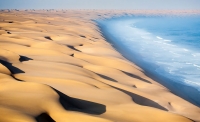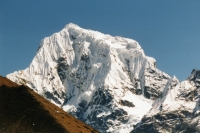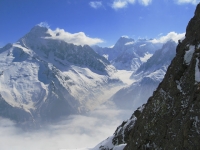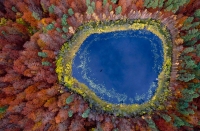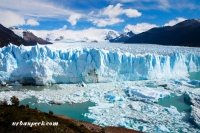Norman Borlaug, Megan Toombs - Borlaug revolutionized wheat production, spending hours in the fields, creating thousands of varieties of wheat, fighting tooth and nail for changes he thought necessary, and training many agricultural technicians from all over the world. Credited with saving a billion lives, Norman Borlaug won numerous awards throughout his life, including the 1970 Nobel Peace Prize, the Presidential Medal of Freedom.We want to feed the hungry, cloth the destitute, and love the despised. But we need go about it in a way that is helpful to those in need, and not in ways that just make us feel good.
E. Calvin Beisner is founder and national spokesman of the Cornwall Alliance for the Stewardship of Creation - Instead of declining, as the IPCC’s reports led us to expect, world grain (which provides 65 percent of human caloric intake) production rose by 10 percent from the 2008-09 harvest year to the 2014-15 harvest year. Maybe, just maybe, it’s time to stop the war on fossil fuels, the developing world’s best source of the abundant, affordable, reliable energy essential to rising and staying out of poverty.
E. Calvin Beisner is founder and national spokesman of the Cornwall Alliance for the Stewardship of Creation - Instead of declining, as the IPCC’s reports led us to expect, world grain (which provides 65 percent of human caloric intake) production rose by 10 percent from the 2008-09 harvest year to the 2014-15 harvest year. Maybe, just maybe, it’s time to stop the war on fossil fuels, the developing world’s best source of the abundant, affordable, reliable energy essential to rising and staying out of poverty.
Richard McDonald, is a member of the Board of Directors for EFN-USA and a retired research physicist from the Lawrence Berkeley National Laboratory. The position and goal of EFN-USA is to show how nuclear power can directly or indirectly address environmental problems while providing energy to maintain developed countries and energy to advance developing countries. Depletion of conventional oil, lack of sufficient potable water, and famine drive conflicts among nations, and war can be the greatest environmental threat of them all.

